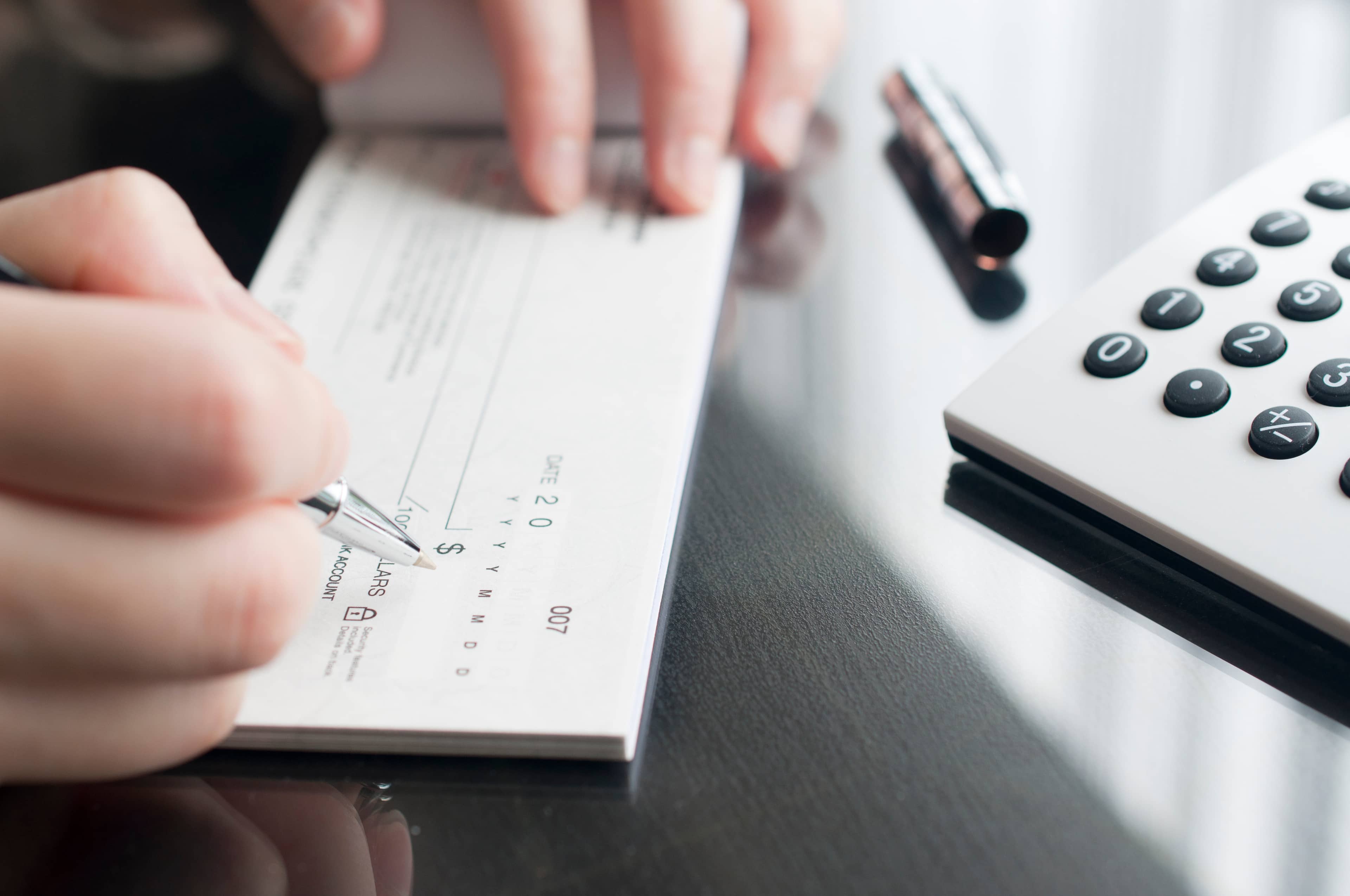
The IRS Is Eliminating Paper Checks: What You Need to Know
The federal government is modernizing its payment systems and is phasing out paper checks for tax refunds and federal benefits, marking a significant shift in how Americans receive payments. Beginning September 30, 2025, the IRS, U.S. Treasury, and Social Security Administration will move to an all-electronic system, with direct deposit becoming the default method. While the change is designed to boost efficiency, reduce fraud, and cut administrative costs, taxpayers, especially those without bank accounts or living abroad, must take proactive steps now to avoid payment disruptions.
Why the Switch to Electronic Payments?
Many taxpayers still receive paper checks for tax refunds. Paper checks have been a longstanding but risky payment method. This is also the case with some Social Security benefits and other federal payments. Under an executive order (EO) signed by the President, paper checks will no longer be an option, effective September 30, 2025. Direct deposit will become the default (and only) method of payment, unless the government extends the deadline or provides exceptions.
In the EO, the President cites several reasons for eliminating paper checks. The shift will reduce fraud, cut costs, and speed up delivery of refunds and benefits. “Historically, Department of the Treasury checks are 16 times more likely to be reported lost or stolen, returned undeliverable, or altered than an electronic funds transfer,” the EO states.
Who Needs to Take Action?
Taxpayers Without Bank Accounts
One significant challenge to making the transition away from paper checks is the “unbanked” population. These are people who don’t have traditional bank accounts. According to the FDIC, Over 7 million Americans remain unbanked for various reasons, including lack of access, mistrust of banks or high fees.
The government may solve this challenge by issuing refunds on debit cards or encouraging financial institutions to offer free or low-fee accounts for affected taxpayers. Taxpayers without bank accounts should take steps now to open them to avoid delays in receiving their refunds.
Solutions for taxpayers:
Open a low-fee bank or credit union account (required for direct deposit).
Explore government-issued prepaid debit cards for refunds.
Special Considerations for U.S. Citizens Abroad
Americans living overseas may encounter problems receiving electronic refunds. The IRS typically requires a U.S. bank account for direct deposit. Foreign accounts generally don’t work with the IRS refund system. The IRS typically rejects foreign bank accounts for direct deposit.
To address this issue, the government may offer exceptions or alternative payment methods for individuals outside the United States, but the details are still unclear. Expats should stay informed and plan ahead. The elimination of paper checks could necessitate setting up a U.S.-based bank account or using financial services that provide U.S. banking solutions.
Solutions for taxpayers:
Set up a U.S.-based account (some online banks cater to expats).
Monitor IRS updates for potential exceptions.
Estates, Trusts, and Special Cases
Executors and trustees must fill out forms that currently don’t have a place on them to enter direct deposit information. In addition, the name on an estate checking account won’t match the name on a deceased person’s final tax return. This violates an electronic refund requirement that the name on a tax return must match the name on a bank account into which a refund is to be deposited.
Key Implications
Some people may opt to request paper refund checks when filing their tax returns for reasons other than not having bank accounts. In some cases, they may have security or privacy concerns about providing account information to the IRS. Or perhaps they don’t know where they want to deposit their refunds when their tax returns are being prepared.
Here are three ways you may be affected after the federal government completes the transition from paper checks to an all-electronic system:
A bank account will be required. Taxpayers must have U.S.-based bank accounts or credit union accounts to receive their refunds.
There will be no more delays due to the mail. Direct deposit is faster than mailing paper checks, resulting in reduced wait times.
The risk of lost or stolen checks will be eliminated. Electronic transfers will eliminate fraud and identity theft associated with paper checks.
Impact on Other Taxpayers
The American Institute of CPAs (AICPA) has provided feedback to the Treasury Department about the change. While the AICPA is generally in favor of eliminating paper checks, it raised some issues about taxpayers who may encounter problems with the change.
For these and other situations, the AICPA has recommended that the government provide exceptions or extensions of the deadline for certain taxpayers. The group would also like the IRS to provide more guidance on how to proceed in specific situations.
Social Security Beneficiaries
The SSA reports that fewer than 1% of beneficiaries currently receive paper checks. If you’re one of them, visit the SSA to change your payment information to include a bank account or enroll in an option to receive your benefits with a Direct Express® prepaid debit card.
Plan Ahead to Avoid Delays and Payment Issues
The transition away from paper checks may offer long-term benefits, but it’s not without its challenges, especially for unbanked individuals, overseas taxpayers, and estates. As the deadline approaches, staying informed and acting now can help you avoid delays or complications.
Key Benefits of the Change
Faster payments – No more waiting for checks in the mail.
No lost or stolen checks – Eliminates mail-related fraud.
Lower costs – Saves taxpayer money on printing/mailing.
Steps for the Taxpayer to Prepare
Open a bank account if you don’t have one.
Update IRS/Social Security payment info:
Use SSA.gov/deposit to enroll in direct deposit or a Direct Express® debit card.
Expats & special cases:
- Research U.S.-based banking options.
- Consult a CSH tax professional for complex situations.
Act Now to Avoid Delays
While the shift improves efficiency, waiting until the deadline risks payment delays. Proactive steps ensure a smooth transition.
If you're unsure how this change could impact your situation or need help preparing, CSH is here to assist you every step of the way. Contact CSH for personalized guidance on updating your payment method.



